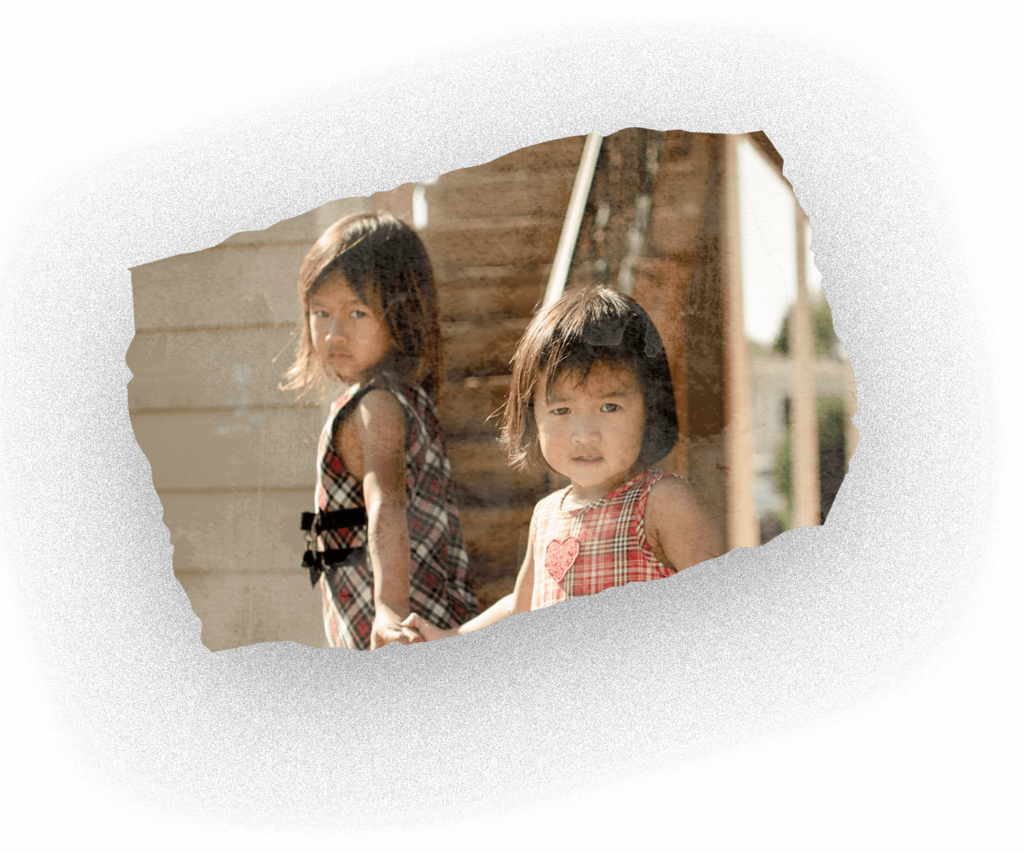
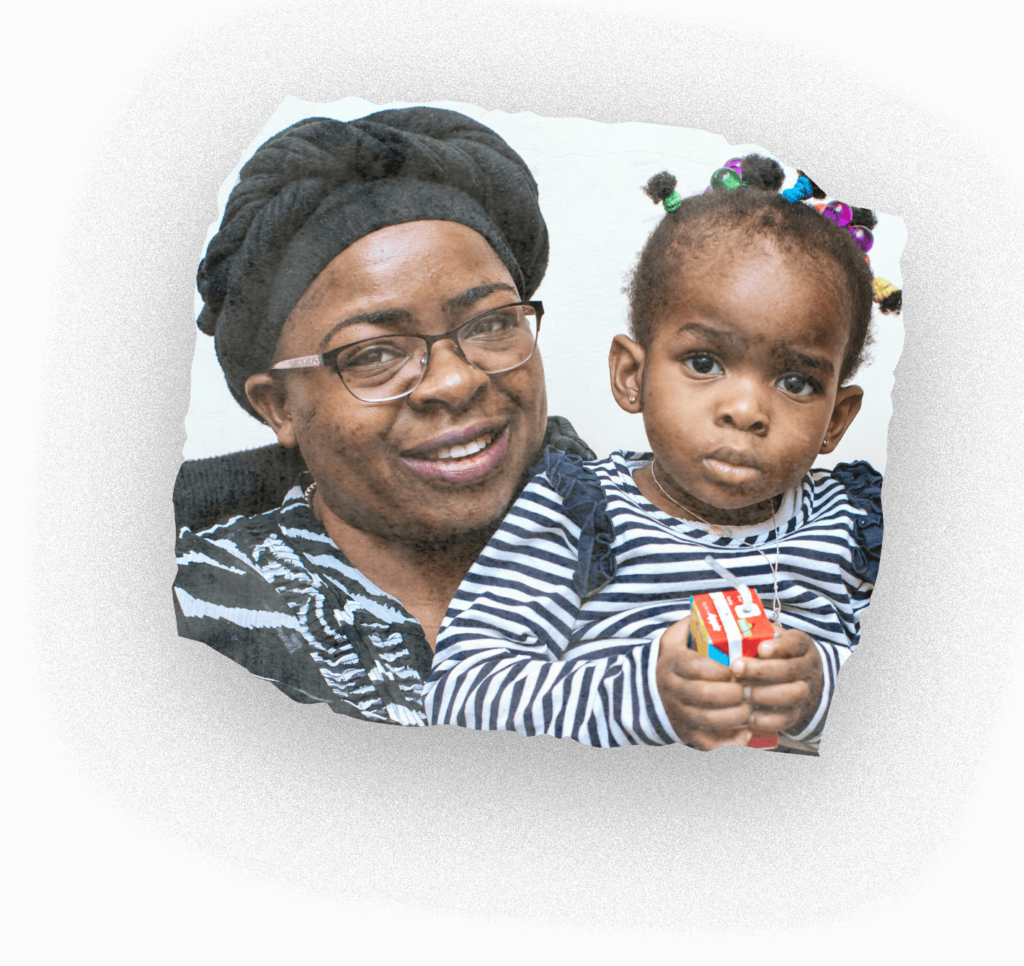
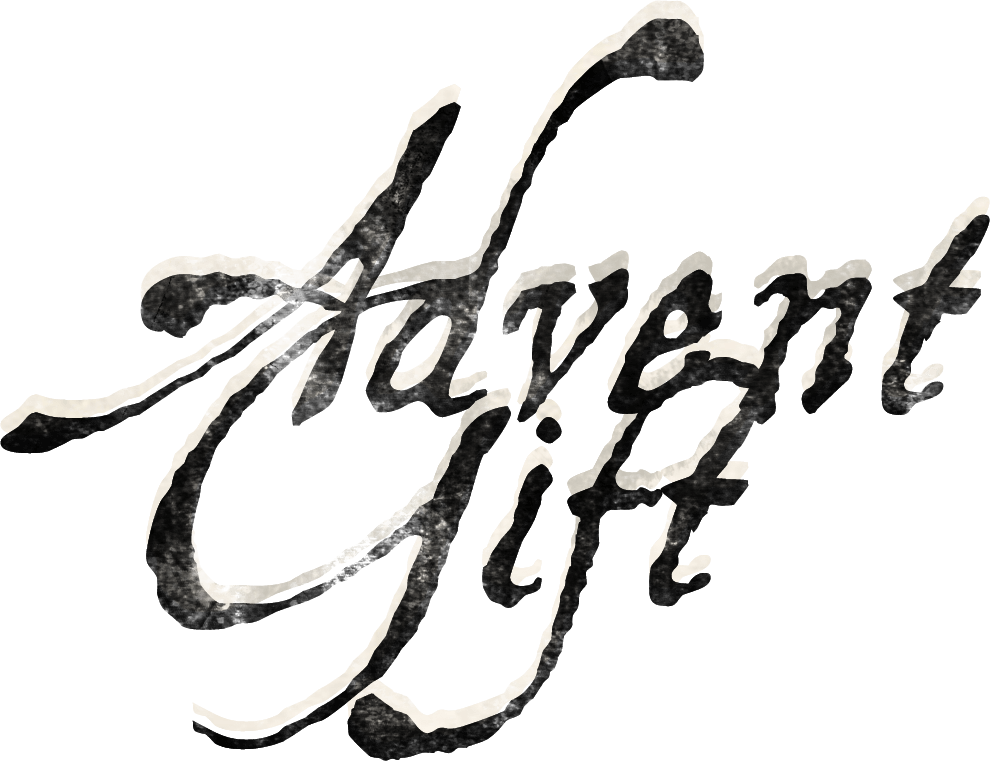
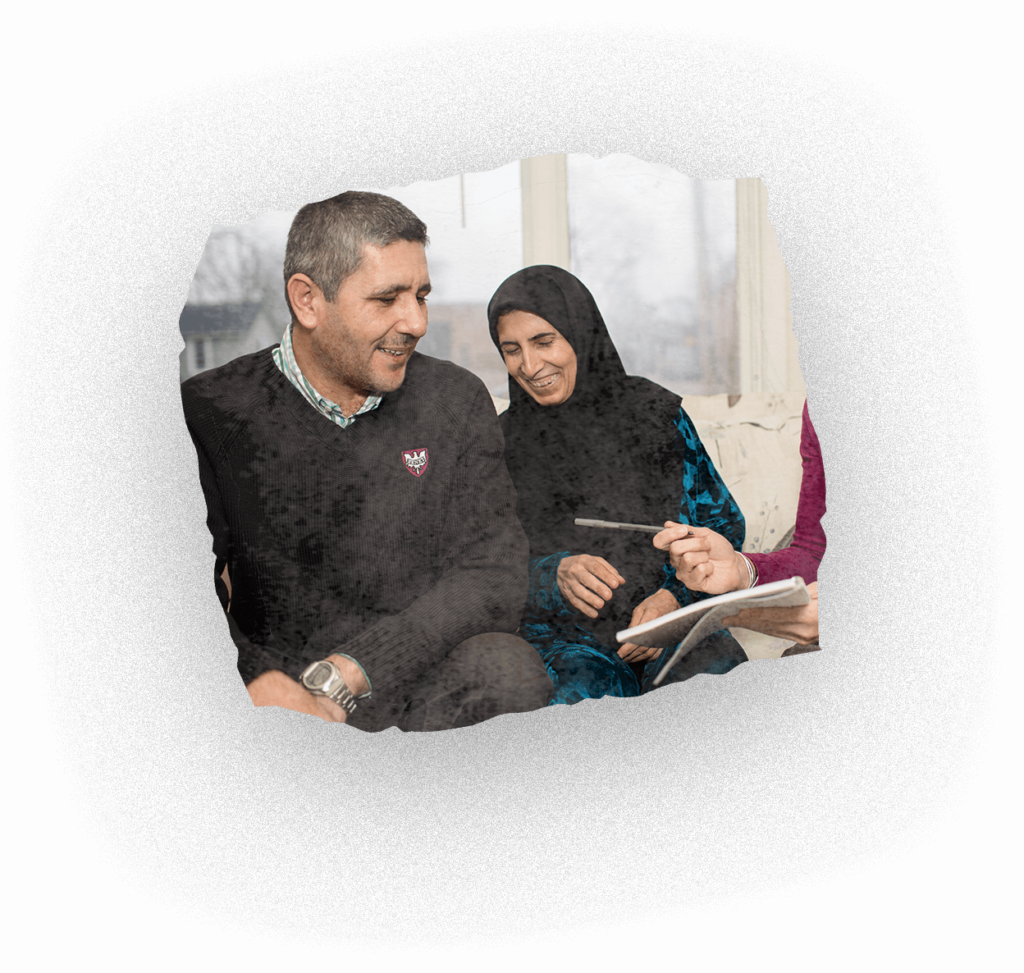
How You Can Help

Purchase any new winter coat or donate a washed, gently used one, sizes 2T-Adult Large

Help build a Welcome Kit of household items like blankets, towels, and pots through an online registry
Update: You made a difference!
Through your loving contributions to our Advent Gift, Resurrection was able to: provide three new refugee families with household items, raise over $18,000 toward an emergency fund for asylum seekers, and donate more than 80 warm winter coats to World Relief clients. Thank you for your generosity!
Advent Gift 2020 is now closed; Advent Gift 2021 will be announced in November.
Contribute to our Advent Gift through January 11.
All Welcome Kit items have been purchased, but you can still donate to the emergency fund or contribute warm winter coats.
Please leave coats in RezCafe near the Advent Gift table or inside the East Vestibule door, Mon-Fri, 9am-5pm.
Coats purchased online may be shipped to:
Church of the Resurrection
Attn: Advent Gift
935 W. Union Ave
Wheaton, IL 60187
All coats will be delivered to World Relief after January 11.
Questions? Contact Missions Manager Julia Damion at juliadamion@churchrez.org
Loving our neighbors as ourselves
Every Advent season, Resurrection chooses to give our time and resources to one of our local ministries. This year we are blessing World Relief and the refugee families and asylum seekers they serve in DuPage/Aurora. Your gift will help provide basic needs to our neighbors—a warm winter coat, blankets, pots and household supplies, and emergency funds for rent and legal fees.
Show Christ’s love to resilient refugee families and asylum seekers
This year’s hardships have been devastating for refugees and asylum seekers on financial, legal, and personal fronts. Many hard-working men and women have lost jobs and critical immigration meetings have been canceled or delayed. Asylum seekers, who cannot legally work yet, face difficulties advancing their applications and dreams of a lasting safe haven. For both groups isolation is a daily struggle that the pandemic has only exacerbated.
Meet our talented neighbors in Chicagoland:
on the front lines
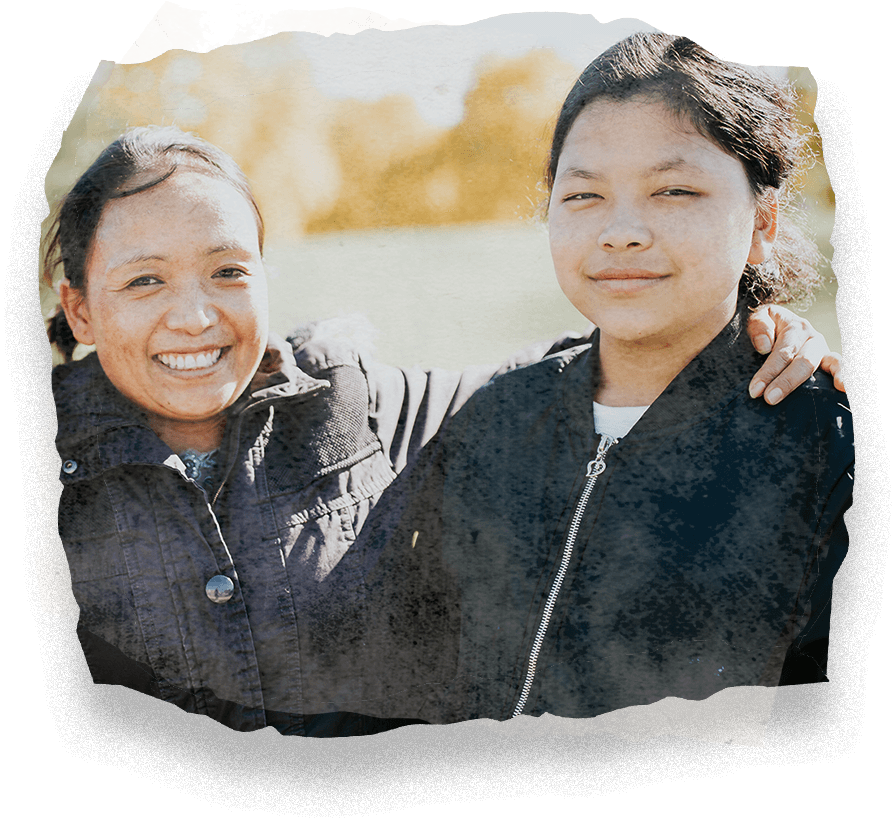
Hana and Sona, twin sisters, help patients battling COVID-19 in the western suburbs. They know what it feels like to be in danger. The sisters fled religious persecution in Iraq, but struggled to speak English when they arrived in 2006. Thanks to World Relief volunteers, they learned enough to pursue medical careers, sleeping just 2-3 hours a night to study English. Today Sona is a respiratory therapist at Delnor Hospital in Geneva and Hana a phlebotomist for Elmhurst Hospital.
On the Front Lines
May 27, 2020
Article by Robert Carroll

In this month’s feature, read how twin sisters from Iran went from religious refugees who couldn’t speak English to important front line workers in the fight against COVID-19. Click here for COVID-19 resources in over 20 languages, or click here to learn what items you can donate to help families in need during this time.
Sona Barichi can’t hug her young son when she gets home from work even though he cries for her and doesn’t understand. She has to take a shower first. She keeps her clothes and shoes in the garage until they’ve aired out for at least twenty-four hours, and then she washes them separately from her family’s laundry to prevent contamination. After she is convinced that she no longer carries any germs from her long shift at work, she can finally greet her family. She can finally hug her son.
Sona must take these precautions because she is a respiratory therapist at Delnor Hospital in Geneva who continues to work every day with COVID-19 patients. Her twin sister, Hana, works as a phlebotomist for Elmhurst Hospital, and she, too, is taking care of COVID-19 patients daily. Both sisters, they tell me, are doing their absolute best to help every single person that comes in through their hospital’s door, regardless of race, religion, or country of origin. As religious refugees from Iran, they know all too well what it feels like to be shoved aside, to be forgotten, to be refused. They also know what it feels like to be in danger.
“We are not Muslim, so it was hard. We have to take a lot of caution over there [Iran]. My uncle’s shop was recently robbed at gunpoint because he is not Muslim. And the government never helps over there. Every day, people are going hungry. People sell their kidneys just to eat. It’s a bad situation. It’s bad.”
Hana and Sona arrived in the United States on August 16, 2006. They were resettled by Catholic Charities, and soon after, connected with World Relief for help securing their first jobs as factory workers for Home Depot. But despite their good work performance and a praise from their supervisor, the sisters were eventually fired because neither spoke English well enough.
“Our supervisor liked our work,” says Sona, “But we couldn’t pass our English test and he had to let us go.”
That’s when Kara, a World Relief volunteer and friend to the sisters, decided to help out.
“Kara was a big reason I learned English,” says Sona.
Hana and Sona enrolled in English language classes in the Chicago suburbs. Hana’s husband, an American, helped her learn English, while Kara kept studying with Sona. Much of Sona’s English language training came from reading the Bible.
“We were working days and nights to learn English,” says Sona. “I was sleeping 2-3 hours a day just so I could have enough time to improve my English.”
After years of hard work, Sona and Hana were able to learn English and return to school to pursue their dream of working in the medical field.
“Our dad’s side of the family were all in the medical field,” Hana explains. “My dad was a surgical assistant. He inspired me to be in medicine.”
Sona agrees.
In 2014, Sona graduated from school and was immediately employed by Delnor. In 2015, Hana graduated and was hired by Elmhurst.
“It was always a dream to work in a hospital, and to help,” says Sona. “I see the sickest people get better and go home to live their life. That’s what I love about my job.”
“I feel like I’m here to help every person,” says Hana. “It doesn’t bother me anymore that some people look at me different because of my nationality or my accent, I’m there to help everyone no matter what. It makes me happy to come to work every day. It makes me so happy to help people.”
But now with COVID-19 taking its toll on the world, both sisters are once again faced with a grim reminder of the dangerous life they had fled. Both sisters deal exclusively with COVID-19 patients.
“I haven’t seen my family, my mom, or my sister,” says Hana. “Work is now very stressful. I do not want to get close to people. Every day, I see someone die. That really affects you. Just the other day, I was taking a COVID-19 patient’s blood, and ten minutes after I finished, he went into cardiac arrest and died.”
“It’s definitely scary,” says Sona. “People are very sick. Many are on oxygen. They need a good two months or more to recover. One of our first COVID-19 patients just recently recovered after forty-four days in the hospital. I’ve seen people recover after a month on oxygen, but they’re still too sick to be released from the hospital.”
“People need to stay home,” she continues. “They have to stay protected. Wash your hands. Use soap and warm water. Wipe down groceries. Empty boxes. Since grocery stores are not selling wipes anymore—they are keeping them for themselves—mix water with a tiny bit of dish soap and a tiny bit of bleach. I believe in bleach because that is all that we are allowed to use in the hospital. We are not allowed to use wipes.”
Not only do the sisters courageously help people in the United States, they also continue to help others back home in Iran as well.
“We send $100 back home to Iran every month,” says Sona. “We donate money to women who are not working due to the virus and who have children. Women are not as respected as men, and they do get jobs even in good times. They are not safe.”
Hana, meanwhile, continues to champion for the rights of her countrymen here in the United States.
“There are lots of language barrier problems with this virus,” she explains. “I know the language barrier is the biggest problem for many of them [COVID-19 patients]. My hospital had translator lines, but there wasn’t a line for Farsi. Farsi is the native language of Iran. So, I spoke my mind to the hospital administration and a line for Farsi was added.”
When asked what World Relief could do to help, Hana responds with an answer not related to COVID-19.
“More free English classes. More GED classes. It’s hard to get those classes even if you’re willing to work extra hours. Make more classes available for refugees. With more of these classes available, refugees are more likely to be a success. Their success will then motivate others who are happy to see the example.”
Hana and Sona have set quite the example themselves. Refugee or not, we can all be inspired by their work, their dedication, and their compassion for others.
“I’m not stopping here, though,” says Hana. “After the virus, I’m going to go back to school to become a registered nurse.”
Author
This article was written by Robert Carroll, Communications Manager for World Relief.
To contact the author, email him at rcarroll@wr.org.
sharing the love
Brenda is helping families in crisis, inspired by the generosity of others since she gained asylum last fall. When the pandemic hit, the 20-year-old suddenly lost her laundromat job and housing. World Relief DuPage and a local church provided emergency funds for an apartment deposit while she job hunted. Encouraged, Brenda recently raised enough funds on social media to provide rice, soap and oil for strangers, a family in need in her native Nicaragua. Now she’s on a mission to equip people to champion causes in their own communities.
Sharing the Love: Brenda's Story
July 30, 2020
Article by Emily Miller, World Relief Staff Member

Our feature this month is a story of perpetual giving. Read how a young woman has overcome obstacles during the pandemic and is now mobilizing support for others in need.
Brenda’s heart sank when she logged on to her bank’s mobile app. She had been working at a laundromat, diligently saving extra pennies, when the unthinkable happened: the COVID-19 pandemic swept into Illinois. Her work hours were cut in half, several of her friends contracted the virus, and Brenda’s comfortable housing arrangement suddenly became unstable after three of her housemates decided to move away.
I have been Brenda’s case manager since October 2019, starting after she was granted asylum in the United States. After her arrival and prior to the pandemic, twenty-year-old Brenda had made great strides toward stability while settling into life in the Chicago area. She had established care with clinicians, started working, and had connected with a local church.
However, once the pandemic hit, Brenda suddenly found herself struggling to maintain a living. With a housing situation that was slowly crumbling and a job that could now only pay her at most $50 per paycheck, she needed other options. Together we brainstormed. We found an opening for an apartment in West Chicago, but in order to move in she needed to provide a security deposit and a rent payment of $450.
Due to emergency rent-assistance-funding from World Relief and a generous financial gift from Renewal Church, Brenda was able to secure not only one, but two months of rent while she looked for a job. She was relieved. Even though the pandemic had caused so much hardship, she felt she now had a safety net that prevented her from becoming homeless. She was inspired by the general willingness of different organizations to help her, so she decided to pay it back, but in a creative way.
Brenda told me that she had found discussions on Facebook about a Nicaraguan man living in her country’s capital city. He was leaving comments on popular radio and TV social media posts that he’d work in exchange for rice, oil, soap, and milk for his daughter. Nicaragua had been ravaged by COVID-19, and with an already faltering public health system, basic supplies and medicine were running out. Brenda got in contact with this man and heard a bit more about his dire needs and his inability to find work amid the pandemic. She was horrified at the situation her countrymen were facing. She then took to her own social media platforms, where she runs a popular podcast and Instagram account, both of which are dedicated to supporting the voice and struggle of the Nicaraguan people.
“I recorded a video asking people to either share it or to donate food or money to my PayPal account and I’d take that money and send it straight to him,” she explained, “I posted the video on Saturday, not thinking it’d get a lot of attention, but I was wrong. By Monday, it had reached 10,000 views and it now has close to 30,000 views on Instagram.”
Donations started pouring in. As a blogger with a substantial following, she had successfully mobilized her own audience to action.
“We raised $450 and a little bit more in total. Almost the same amount that World Relief helped me with for my new apartment.”
In the area of Nicaragua where the money was sent, this amount was equal to almost a full month’s salary. Brenda and her online community were able to raise it in less than three days. Brenda used a portion of the money to purchase quality food, diapers, and a first aid kit, and she donated the rest to the man in cash.
“When I left Nicaragua, I never thought I would be able to do anything for my country again,” Brenda told me. “That’s why I decided to start my blog. So I could at least educate people on important topics and show people that investing the right amount of effort can change someone’s life. I want to dedicate the fruits of this initiative to you and everyone who supports the mission at World Relief.”
Brenda was so encouraged by the response to this campaign that she plans to launch another one to help a young girl in Nicaragua whose house recently burned down.
“My next goal is to get others to follow my lead and go and find a cause themselves,” she said. “I will lead people to become fundraisers for their own communities. Find a cause. Start a movement. Share it with your friends. Eventually, it will spread like wildfire.”
Author
Emily Miller is a Family Case Manager based out of World Relief Chicagoland’s DuPage office. Emily works with immigrants and refugees to adjust to life in the United States and achieve self-sufficiency in their new communities.
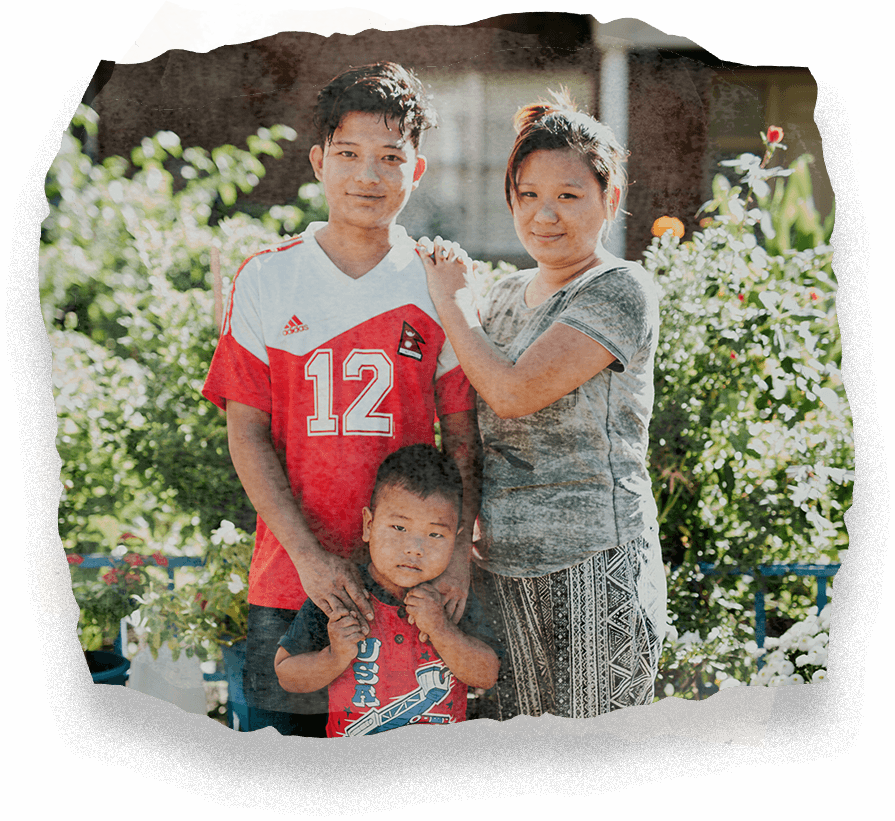
small business, big hearts
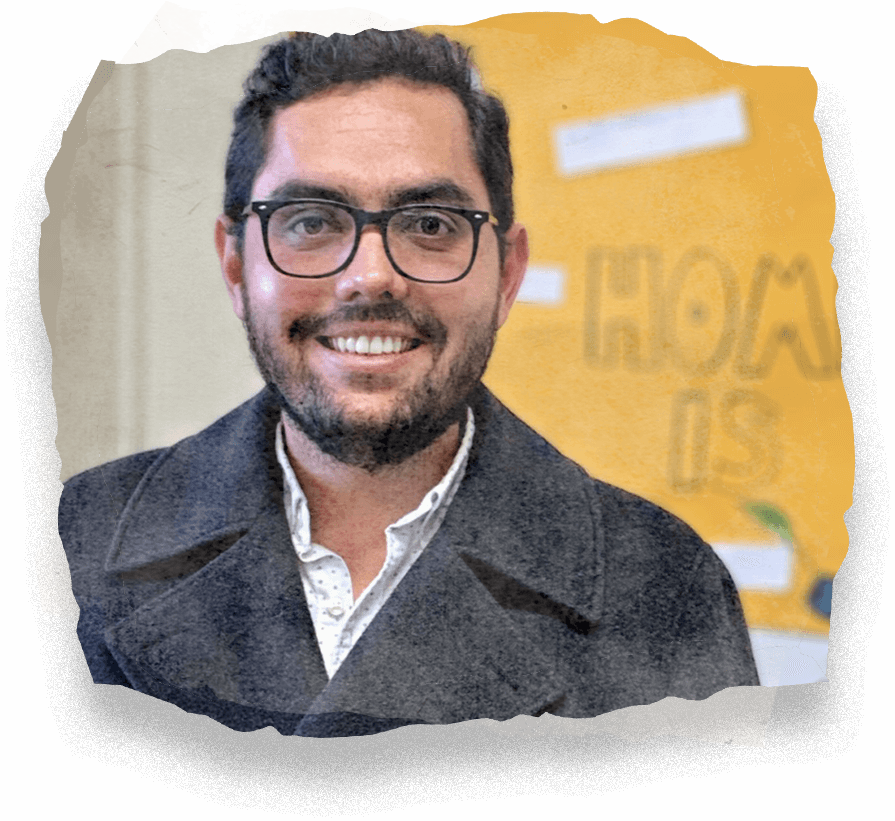
Brothers Mohammad and Abdollah, refugees from war-torn Afghanistan, realized their dream to launch a tailor and dry cleaning shop this January in Chicago’s Uptown neighborhood. After reeling from the pandemic, they quickly pivoted their shop and began working 12 to 14 hours a day to make affordable masks for neighboring immigrants and others. Mohammad says it’s all worth it to fulfill their three simple goals: “Help our people. Make people more safe. Do our best to make our products the best.”
Small Business, Big Hearts
May 28, 2020
Article by Robert Carroll

In this month’s feature, read how twin sisters from Iran went from religious refugees who couldn’t speak English to important front line workers in the fight against COVID-19. Click here for COVID-19 resources in over 20 languages, or click here to learn what items you can donate to help families in need during this time.
“The people are very scared of what’s going on,” says Mohammad Mohammadali. “They are really scared of the virus.”
Mohammad is of course speaking of the COVID-19 virus and the fear the pandemic has caused in the north side immigrant populations of Chicago.
He should know. Mohammad and his brother, Abdollah, are refugees themselves. Seven years ago, they fled a war-ton Afghanistan to seek safety in the United States, where they hoped to start a new life.
World Relief resettled the brothers and their families, helping them find a place to live, a place to work, and classes to learn English. The brothers worked hard to make a living for themselves in their adopted country, but they always knew their dream would be to one day open a tailor shop together.
That dream became a reality this year, when just five short months ago, the brothers opened their very own tailor shop in the Uptown neighborhood of Chicago. The shop provides dry cleaning services, alterations, and custom pieces like shirts and suits.
But just as their dream was starting to get off the ground, their business was met with the same major obstacle facing so many other businesses across the world: COVID-19.
The Illinois stay-at-home order made work scarce for the brothers, and they wondered if the business would be able to survive.
But then locals started appearing at their shop, many of whom were immigrants, in desperate search for masks. The Mohammadali brothers quickly learned that many of their neighbors were having a hard time finding a place to purchase affordable masks. Most places were sold out or backordered, and many places online were charging more than $10 for a single mask, which many of the locals couldn’t afford. And to compound the problem, many of the customers that were searching for masks didn’t speak English, and so they were scrambling to find someone to help them understand.
Abdollah and Mohammad understood. And they knew they needed to help.
“The mask business is very expensive,” says Mohammad. “Plus it takes two weeks, three weeks [for many online orders] to get the mask and they pay shipping cost.”
And that’s when their new business was born.
“We have lots of fabric, so we make masks,” he says.
And from that point on, the Mohammadali brothers have been working 12-14 hours a day, seven days a week, during which they make 1,000 masks for their customers. But while they could have taken the opportunity to charge competitive prices more in line with their competitors so as to make more money, they chose instead to price their masks at a very affordable $5.00 per. Mohammad acknowledges that while he and his brother are grateful to make a living by making masks, they mostly just want to help. And they get great joy out of making people feel happy and safe.
“We put a really nice table in front of our door with some hand sanitizer to make people comfortable,” Mohammad explains. “And only one person can come into the store at a time. People tell us we are a life saver. Most places charging over $10 for a mask, but not us.”
Masks made by the brothers have become so popular that they are now shipping their product all across the country.
“We ship all over,” says Mohammad. “To New York. To California. Everyone tells us they are very happy with the quality and the comfort.”
Meanwhile, the Uptown community keeps coming back for more masks.
“We make them all day long,” says Mohammad. He laughs. “Even at night, we dream about the masks and the customers.”
But even with the long hours, Mohammad says it’s all worth it to fulfill their three simple goals.
“Help our people. Make people more safe. Do our best to make our products the best.”
To purchase a handmade mask from the Mohammadali brothers, visit their shop at 1038 W. Argyle Road in Chicago, or call (773) 766-5358. Their store is open from 9 a.m. until 8 p.m. every day.
Author
This article was written by Robert Carroll, Communications Manager for World Relief.
To contact the author, email him at rcarroll@wr.org.
More than ever, these resilient men, women and children need to know that they are welcomed and loved. World Relief’s continued support is made possible by churches and local communities who help them thrive. Our partnership helps enable World Relief to provide holistic care in Jesus’ name with the purpose of welcoming “strangers” into our midst.



